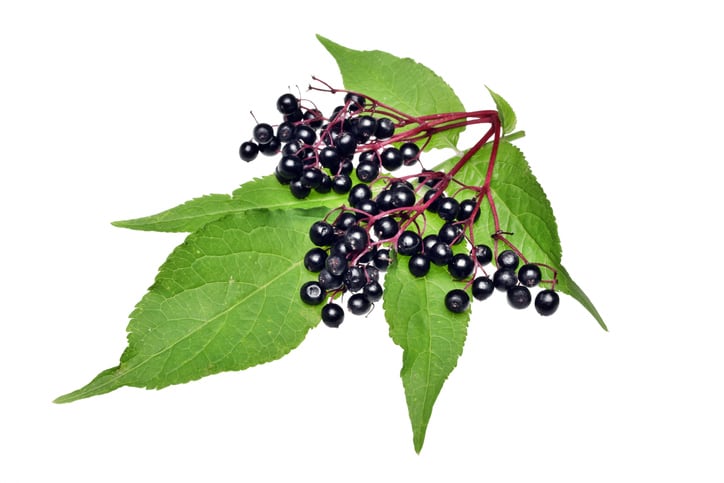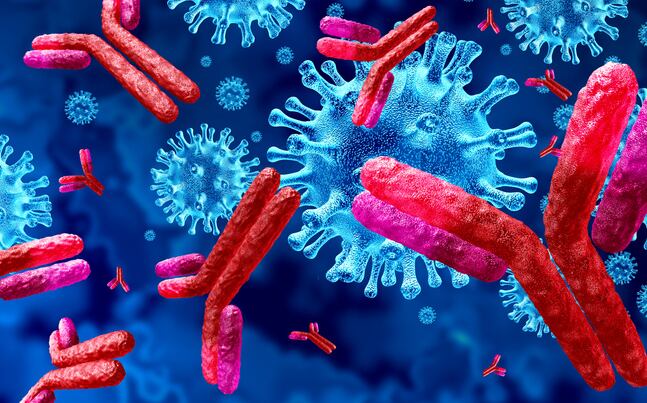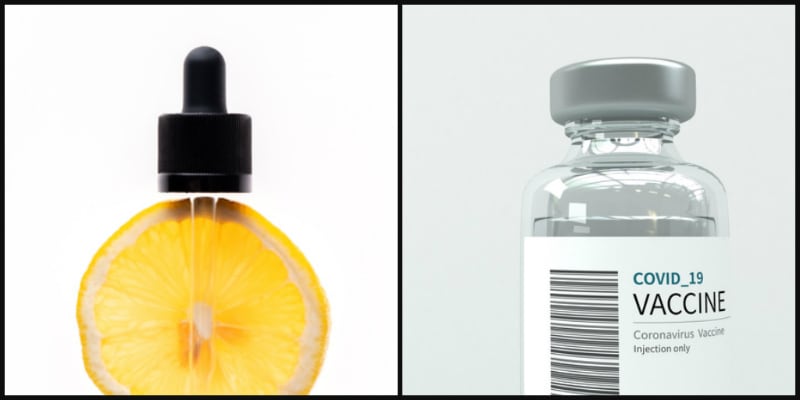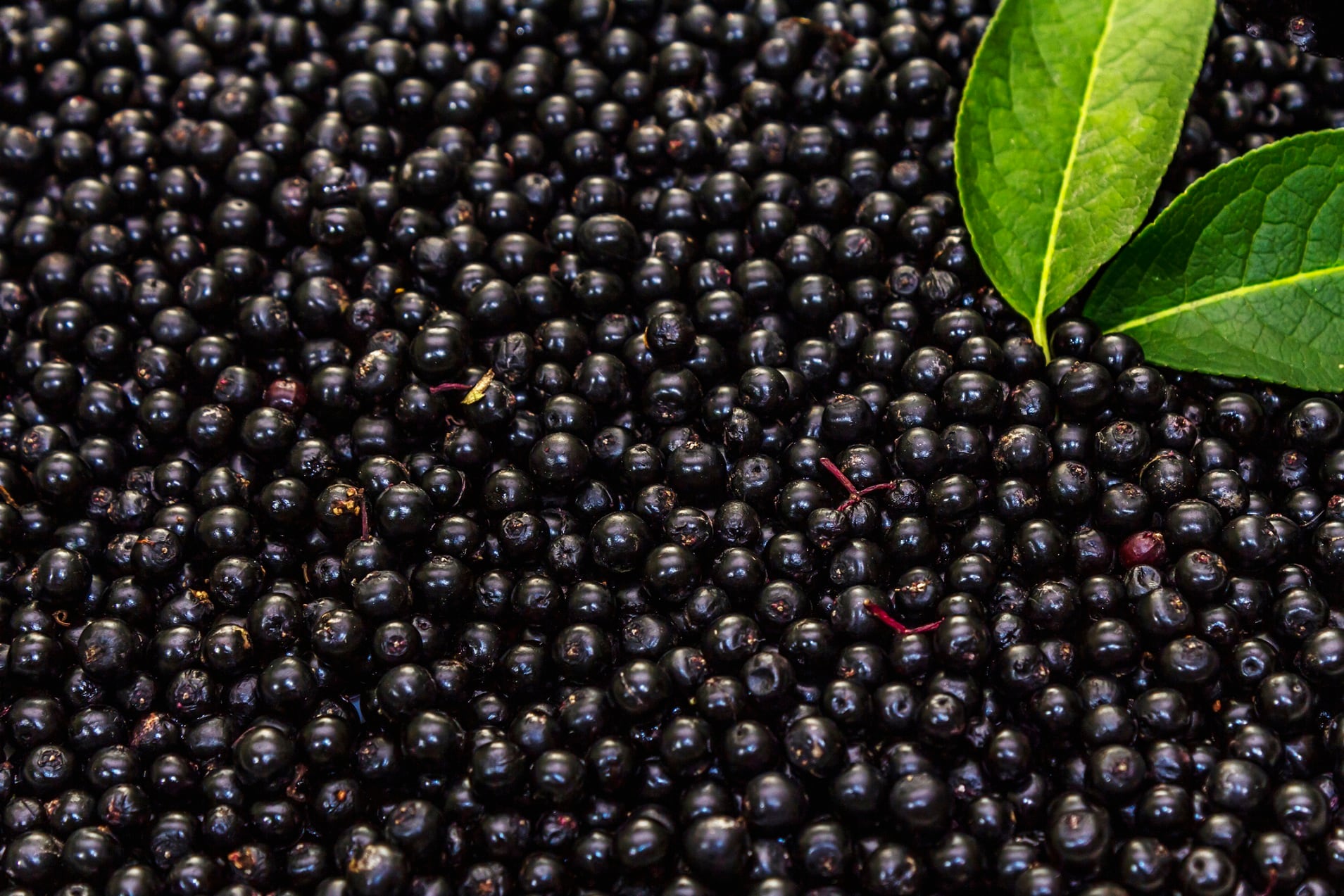The results of the tests were contained in an article published by the program in HerbalEGram, the online publication of the American Botanical Council, which is the program’s lead sponsor. Other sponsors including the American Herbal Pharmacopoeia and the National Center for Natural Products Research at the University of Mississippi.
The new report is the 64th that BAPP has published. The current report on elderberry (which the authors prefer to refer to as elder berry) covers bulk powder, bulk extracts, and finished dietary supplements marketed as containing European elder (Sambucus nigra, syn. S. nigra subsp. nigra) or American elder (S. canadensis, syn. S. nigra subsp. canadensis) berry.
Demand for elderberry products has risen dramatically since the beginning of the pandemic based on the ingredient’s long history of use in connection with respiratory infections. While the latest BAPP publication was in its final phases, Stefan Gafner, PhD, head of BAPP and chief science officer of the American Botanical Council, said reports of adulteration were circulating in the market.
The latest BAPP report covers 532 commercial elderberry samples. Data came from the in-house labs of Artemis International, Gaia Herbs, Nature’s Way, and Naturex, and the independent analytical laboratories Alkemist Laboratories, DNA4 Technologies, Eurofins, and NSF International.
11% of tested samples failed ID specs
Of the 532 samples analyzed, 58 (10.9%) failed identity specifications. The results show that black rice (Oryza sativa) extract, a relatively low-cost ingredient that contains some but not all of the anthocyanidin compounds found in elderberry, is a frequent adulterant.
Gafner said having confirmation of the earlier reports of faulty material in the market was not a surprise, but should serve as a wakeup call for industry even so. The 11% failure figure was lower than what Gafner said has been reported by industry sources when they test incoming material they already suspect to have been doctored in some way. Conversely, when manufacturers send material of which they’re confident out for third party testing to verify its makeup, failure rates are low.
Overall adulteration figure unclear
So Gafner said it’s difficult at this point to put an exact figure on how much fraudulent material is on the market.
“I’m always disappointed when I find adulteration, so I would say I’m concerned about what we found, but maybe not surprised. There were indications from industry members that it was going on,” Gafner told NutraIngredients-USA.
“This adulteration follows a well-established scheme of using anthocyanin-rich extracts from low-cost sources as undeclared substitutes, which has also been observed, for example, with the adulteration of bilberry, blueberry, and cranberry extracts,” Gafner added.
“This is the first scientific publication that confirms what many scientific and botanical industry experts have suspected for a long time — that, unfortunately, like many other popular botanical ingredients used in some dietary supplements, elder berry is subject to adulteration and fraud by sellers who do not ensure the proper botanical identity and authenticity of their ingredients. Accordingly, companies seeking authentic elder berry ingredients for their products must use considerable caution and appropriate analytical methodology to ensure the proper identity of their ‘elder berry’ ingredient supplies,” said ABC founder Mark Blumenthal.
Lab guidance document in future
Gafner said a future goal of BAPP is to assemble a lab guidance document for elderberry ingredients, which would simplify and standardize the identification and verification process. But he noted that’s not straightforward, because standards for elderberry are still in a development phase. It’s a shortcoming that others in the industry have also pointed to.
To read the full BAPP article, click here.




